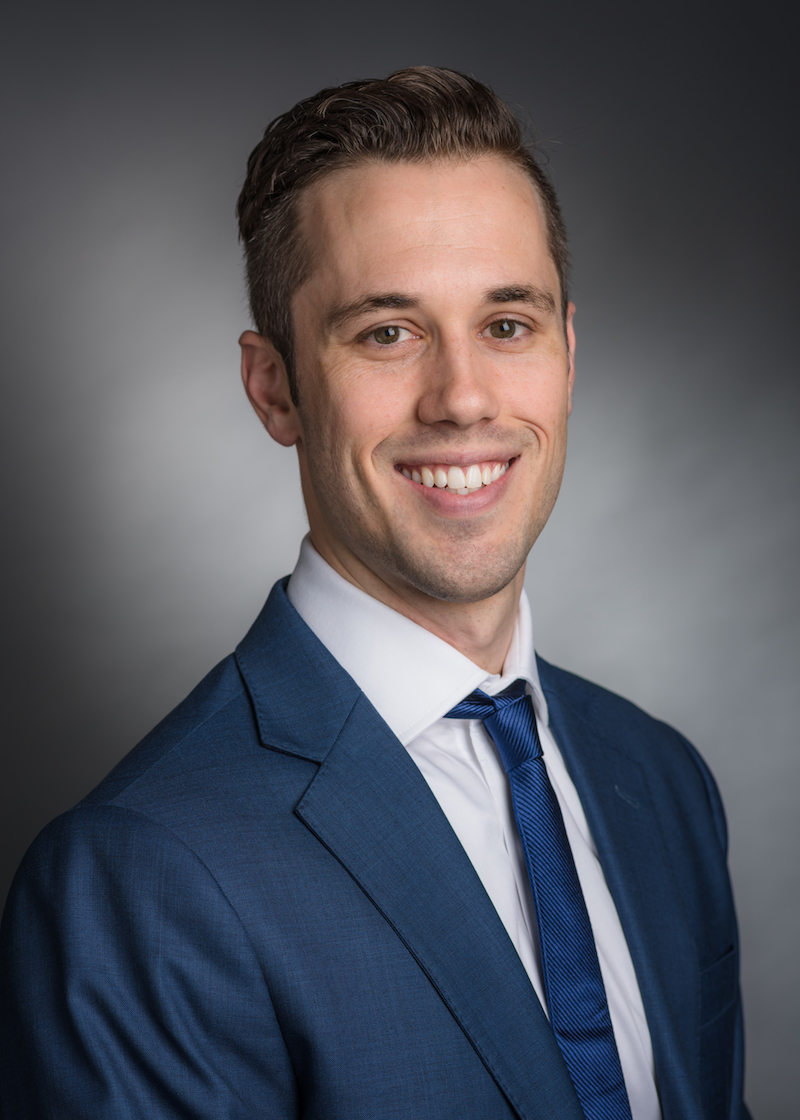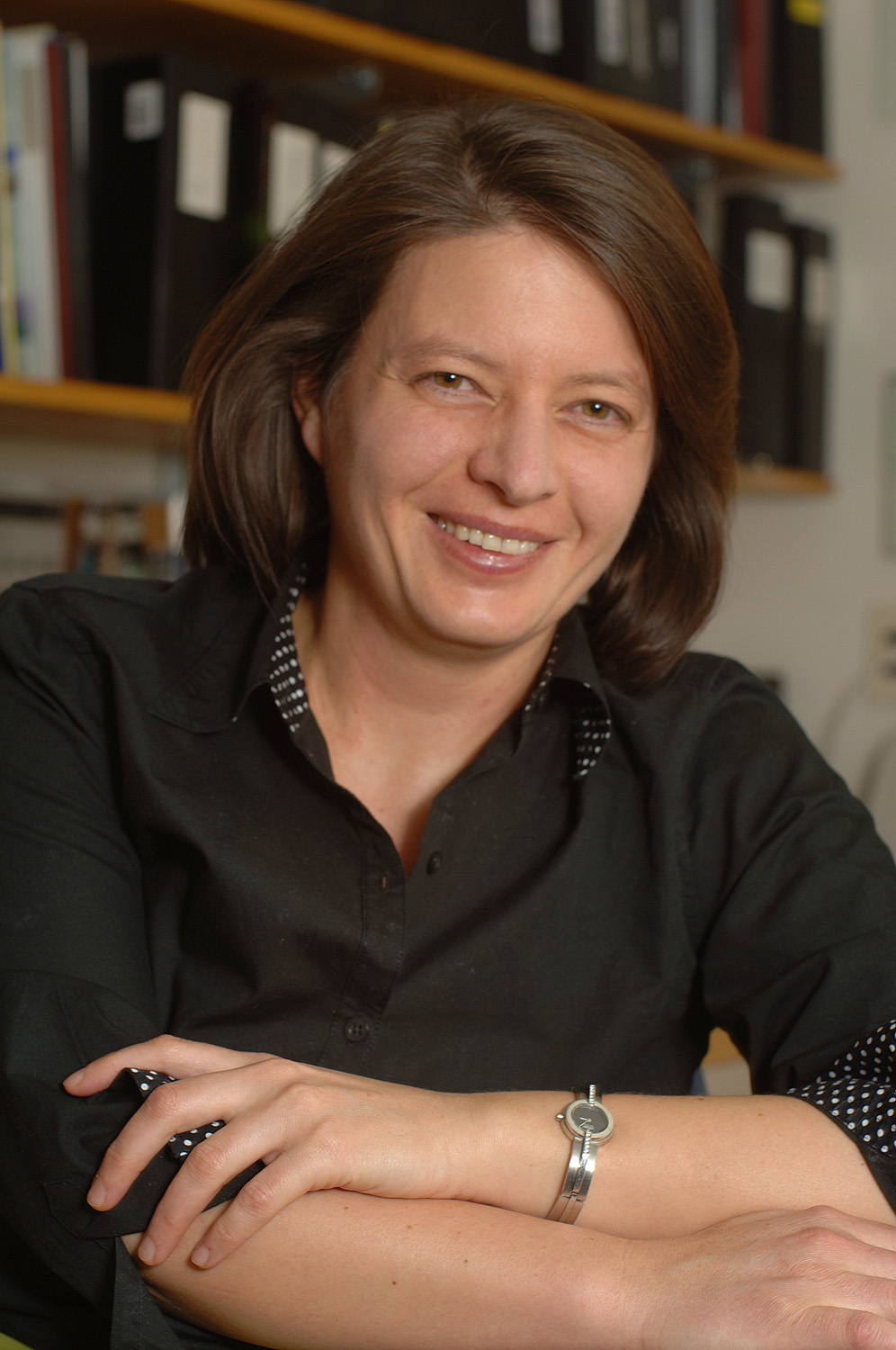 |
Franziska Michor, PhD, serves as the Director of the Center for Cancer Evolution. She is a Professor of Computational Biology in the Department of Data Sciences at the Dana-Farber Cancer Institute, in the Department of Biostatistics at the Harvard T.H. Chan School of Public Health, and in the Department of Stem Cell and Regenerative Biology at Harvard University. After a fellowship at the Harvard Society of Fellows, she was an Assistant Professor in the Computational Biology Program at Memorial Sloan-Kettering Cancer Center before joining the Dana-Farber Cancer Institute in 2010. Dr. Michor's laboratory investigates the evolutionary dynamics of cancer initiation, progression, response to therapy, and emergence of resistance. Part of this research and collaboration with other labs has led to the integration of mathematical modeling, mouse and cell line experimentation, and use of large-scale cancer genome profiling data to drive the identification of novel cancer biology and development of novel clinical trials.
|
 |
Thomas "Ollie" McDonald, PhD, serves as the Associate Director of the Center for Cancer Evolution in the Department of Data Sciences at Dana-Farber Cancer Institute. Thomas studied mathematics as an undergraduate at Trinity University in San Antonio, Texas, and obtained his PhD in Statistics at Rice University in Houston, Texas under the direction of Professor Marek Kimmel. During his time at Rice, Thomas spent a summer as a PhD student intern in the Modeling and Simulation Group of Novartis Pharma AG in Basel, Switzerland working on nonparametric Bayesian Dose-Response Models for adverse effects. He served as a postdoctoral research fellow in Franziska Michor’s lab before moving to the Center for Cancer Evolution as a Research Associate. His main research interests are in branching processes and mathematical modeling of tumor evolution and heterogeneity in cancers.
|
 |
David Pellman, MD, is the Margaret M. Dyson Professor of Pediatric Oncology at the Dana-Farber Cancer Institute and at Boston Children's Hospital. He is also a Professor of Cell Biology at Harvard Medical School and an investigator of the Howard Hughes Medical Institute. Dr. Pellman studies normal cell division mechanisms and the cell division defects of cancer cells. He seeks to understand how cell division defects shape cancer genomes. He has pioneered the experimental study of the consequences of whole genome duplication (~35% of human cancer) in cancer and in microbial evolution. The laboratory also studies mutational processes such as chromothripsis that underlie rapid karyotype evolution during tumorigenesis. A range of experimental approaches is used, including in vitro evolution of micro-organisms or human cells, genetics/genomics, biochemistry, and live-cell imaging. This work may lead to the development of new therapeutic strategies for cancer.
|
 |
Kornelia Polyak, MD, PhD, is a Professor of Medicine at Harvard Medical School and in the Department of Medical Oncology at the Dana-Farber Cancer Institute. Dr. Polyak is a physician-scientist involved in biomedical research directed towards patient care. Research in her laboratory is dedicated to the molecular analysis of human breast cancer. Her goal is to identify differences between normal and cancerous breast tissue, determine their consequences, and use this information to improve the clinical management of breast cancer patients. The lab has devoted much effort to develop new ways to study tumors as a whole and to apply interdisciplinary approaches. Using these methods Dr. Polyak has been at the forefront of studies analyzing purified cell populations from normal and neoplastic human breast tissue at genomic scale and in situ at single cell level and to apply mathematical and ecological models for the better understanding of breast tumor evolution. Her group has also been successful with the clinical translation of their findings including the testing of efficacy of JAK and BET bromodomain inhibitors for the treatment of triple negative and inflammatory breast cancer in Phase I/II clinical trials.
|
